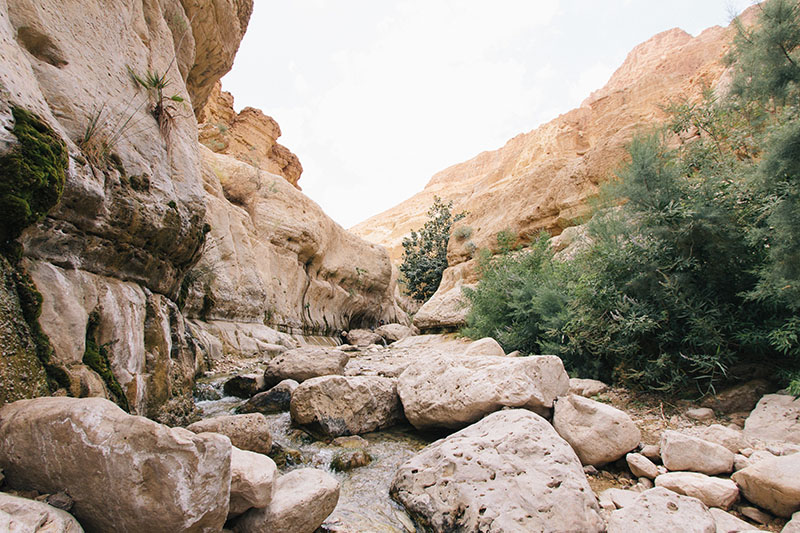Ancient carbon released from rocks
A study led by the University of Oxford, UK, reportedly overturns the view that natural rock weathering acts as a carbon dioxide sink removing it from the atmosphere.

The work instead suggests that the rocks can be large CO2 emitters, rivalling volcanoes.
Rocks contain an enormous store of carbon in the ancient remains of plants and animals that lived millions of years ago. During chemical weathering, the rocks can soak up CO2 when certain minerals are attacked by rainwater. This process helps to counteract the continuous CO2 released by volcanoes around the world, and forms part of Earth’s natural carbon cycle.
However, this study has measured an additional natural process of CO2 release from rocks to the atmosphere. It occurs when rocks formed on ancient seafloors are pushed back up to the Earth’s surface, such as through mountain formation. This exposes the organic carbon in the rocks to oxygen in the air and water, which can react and release CO2.
The global CO2 release from rock organic carbon weathering was found to be 68Mt of carbon per year.







